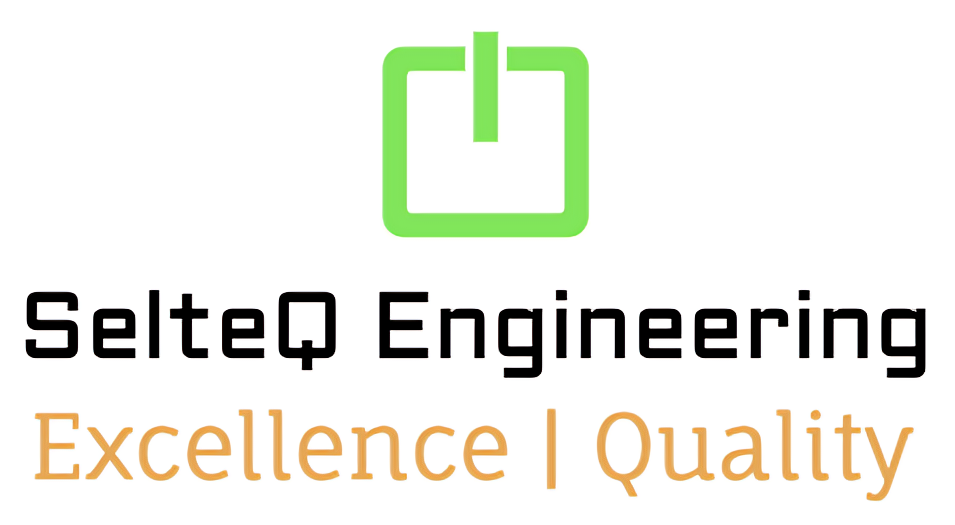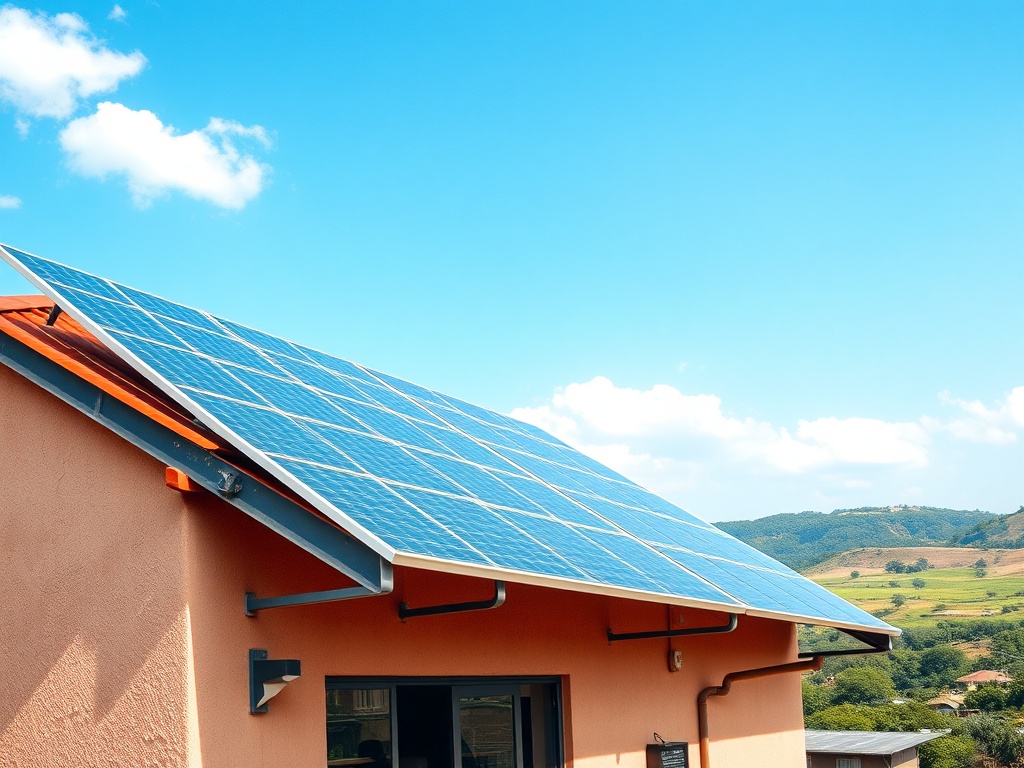That sinking feeling is all too familiar. Whether you’re topping up tokens or opening your monthly electricity bill, the cost is staggering. It is higher than last month. This is not a temporary spike. It is the new reality for Kenyan enterprises. For years, business owners viewed solar power as a noble but expensive dream. That era is over. A powerful economic convergence is reshaping Kenya’s energy landscape. Critically, falling solar costs are colliding with relentlessly rising electricity tariffs. This shift creates a financial imperative. It makes the switch to solar no longer a mere alternative; it is now a strategic necessity for any business seeking stability and growth.
The Rising Electricity Tariffs in Kenya
Over the past decade, Kenya’s electricity tariffs have consistently increased. Factors such as inflation, high generation costs, and foreign exchange fluctuations have driven up energy prices. KPLC’s commercial rates have risen by more than 30% in recent years, and additional charges like fuel cost adjustments and forex levies add to the burden.
For many businesses, these costs are unsustainable. Energy-intensive sectors such as manufacturing, cold storage, and hospitality are especially affected. High electricity tariffs erode profit margins, limit expansion, and increase the cost of goods and services.
Compounding the problem, frequent power interruptions force companies to rely on costly diesel generators, adding further strain. Businesses are now asking: Is there a more reliable and affordable energy alternative?
The Solar Revolution
Fortunately, the answer lies in the falling solar costs. Technological innovation, global supply chain efficiency, and increased local adoption have significantly reduced the price of solar panels, batteries, and inverters.
According to the International Renewable Energy Agency (IRENA), the cost of solar photovoltaic (PV) modules has dropped by over 80% since 2010. In Kenya, local suppliers now offer high-efficiency systems at prices within reach of SMEs and industrial users alike.
As solar costs continue to decline, the payback period for installations has shortened to between 3 to 5 years, depending on system size and usage patterns. After this, businesses enjoy nearly free power for more than 20 years.
The Clear Economic Advantage
The economic logic is clear. When electricity tariffs are rising and solar costs are falling, investing in solar becomes a smart financial move. The total cost of ownership for solar energy is lower than grid power over time. Furthermore, unlike fossil fuels or grid power, solar systems offer flexibility. Businesses can start small and scale up as energy needs grow. With hybrid systems, solar can work alongside the national grid, ensuring continuous power even during cloudy days or high-demand periods.
Advancements in battery storage have also enhanced reliability. Lithium-ion batteries, now much cheaper due to reduced solar costs, store excess energy for use at night or during outages. For industries where uptime is crucial, such resilience can translate into thousands of shillings saved each month.
Moreover, solar panels require minimal maintenance. Once installed by a professional team such as SelteQ Engineering, the system quietly delivers clean, consistent energy for decades.
Environmental and Brand Value Benefits
The direct savings from avoiding high electricity tariffs are the most compelling argument. However, the advantages of adopting solar power extend much further.
- Enhanced operational resilience: Power outages are a costly disruption. A solar-plus-battery system ensures uninterrupted operations. It keeps your lights on, your machines running, and your data secure. This protects your revenue and your reputation.
- A stronger green reputation: Consumers and partners increasingly favor environmentally responsible businesses. Your commitment to solar power is a powerful marketing tool. It builds brand loyalty and appeals to a growing eco-conscious market.
- Government incentives: The Kenyan government supports the transition to renewable energy. Certain tax benefits and accelerated depreciation models can improve your project’s financials. SelteQ Engineering can help you navigate these opportunities. Falling solar costs, combined with these incentives, make the decision even smarter.
Why Your Business Cannot Afford to Wait
Some business leaders see solar as a project for “someday.” This is a costly misconception. Postponing your decision has a real and growing financial impact. Every month you delay, you continue overpaying for grid power. You are sending money away that could be funding your own energy independence. The gap between high electricity tariffs and low solar costs is at its widest point. There is no reason to believe this trend will reverse. Grid power will likely become more expensive. Supply chain improvements may continue to reduce solar costs. Acting now allows you to lock in these unprecedented savings immediately. You start the clock on your payback period today. You stop the financial bleed from escalating electricity tariffs.
The Role of SelteQ Engineering in Your Solar Journey
Choosing the right partner for your solar energy needs is essential. SelteQ Engineering stands out as a leader in the solar energy sector, offering tailored solutions that meet the unique needs of Kenyan businesses. Here’s why you should consider SelteQ Engineering for your solar projects.
Expertise and Experience
With years of experience in the solar industry, SelteQ Engineering has the knowledge and expertise to guide businesses through every step of the solar adoption process. From initial consultation to installation and maintenance, our team is dedicated to providing exceptional service.
Personalized Solutions
At SelteQ Engineering, we understand that no two businesses are the same. We offer personalized solar solutions designed to meet your specific energy needs and budget. Our team conducts thorough assessments to determine the best solar system for your operations, ensuring maximum efficiency and savings.
Commitment to Quality
Quality is at the heart of what we do. SelteQ Engineering partners with reputable manufacturers to provide high-quality solar panels and equipment. This commitment ensures that your solar system operates efficiently and lasts for years to come.
Transitioning to Solar: A Step-by-Step Guide
Making the switch to solar energy can seem daunting, but with the right guidance, it can be a seamless process. Here’s a simple step-by-step guide to help you transition to solar energy.
Step 1: Assess your energy needs
Start by evaluating your business’s energy consumption. Understanding your energy needs will help determine the size and type of solar system that is best suited for your operations.
Step 2: Consult with SelteQ Engineering
Contact SelteQ Engineering for a consultation. Our team will conduct a detailed analysis of your energy usage and present personalized solar solutions tailored to your business.
Step 3: Installation of solar equipment
Once you’ve selected a solar system, our experienced technicians will handle the installation process. We pride ourselves on efficient and professional installations that minimize disruptions to your business operations.
Step 4: Monitor and maintain your system
After installation, it’s crucial to monitor your solar system’s performance. SelteQ Engineering offers ongoing maintenance services to ensure your system operates at peak efficiency.
Partner with SelteQ Engineering Today
Join the growing number of Kenyan businesses unlocking massive savings through solar energy. Contact SelteQ Engineering today to schedule a free solar consultation and discover how you can lower your costs, boost efficiency, and future-proof your operations.
SelteQ Engineering — powering Kenya’s sustainable future, one solar panel at a time.

